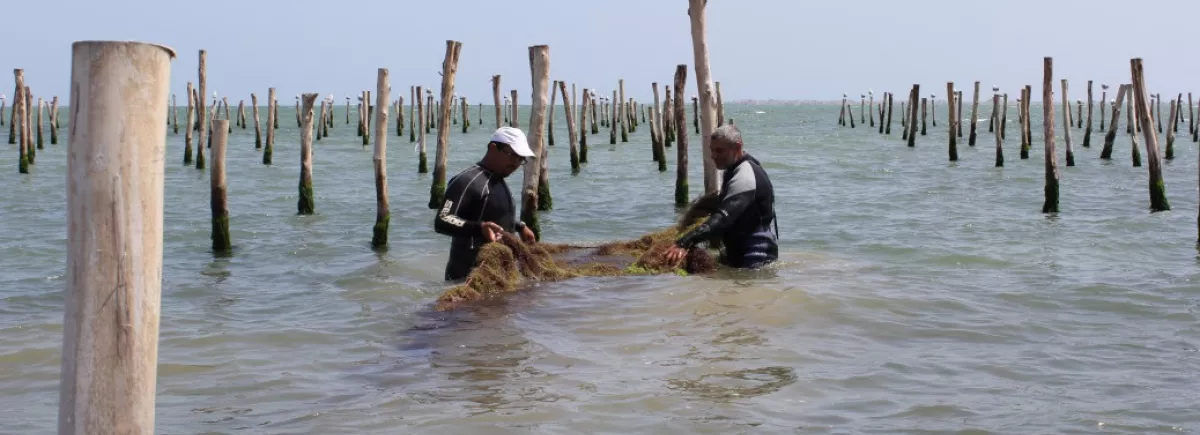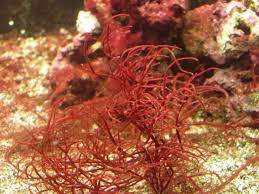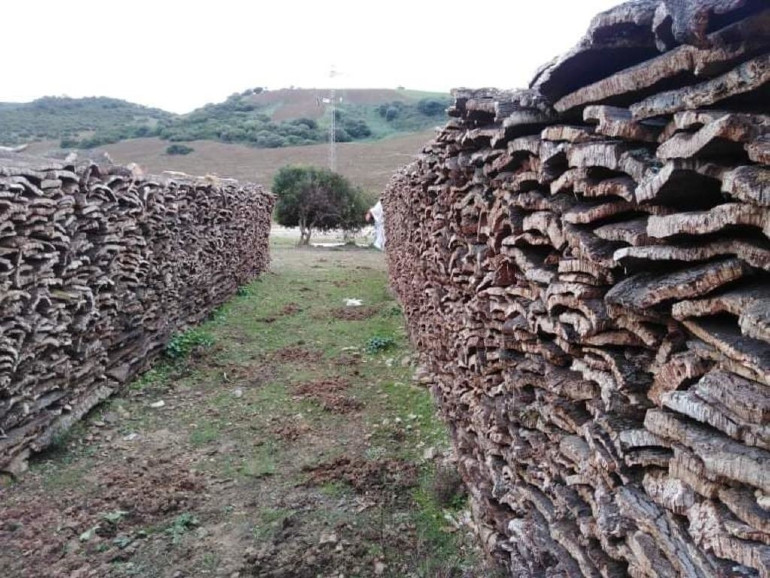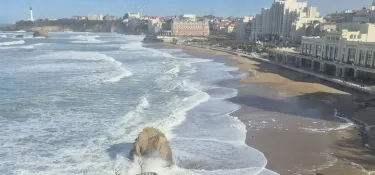
Employment and environmental challenges in the Southern Mediterranean: reporting from a solutions journalism angle
Related project
MediaLab EnvironmentThe environmental upheaval and climate change are having a direct negative effect on several sectors, including employment. The ecological challenges are exacerbating socio-economic situations that are already volatile in certain countries.
Yet, protecting the environment could be an opportunity, bringing solutions to unemployment and insecurity. To find out more, tune in to two reports taking a “solutions journalism”, approach to highlight two initiatives that could meet the challenges posed by pollution and climate change in a broader context marked by unemployment and job insecurity in Morocco and Tunisia.
Cultivating red algae in Bou Areg, Morocco: a solution to insecurity and pollution
In the rural commune of Bou Areg, near Nador in Morocco, fishing is one of the main employment sectors for the inhabitants. However, the pollution of the Mediterranean, overfishing and the warming of the waters are now directly threatening the fishermen’s income.
In a report broadcast live on Chaîne Inter radio and republished by the platform En Toutes Lettres, Sofia Fagroud presents a pilot initiative launched eight years ago in Bou Areg, which appears to be a particularly interesting solution to the challenges of unemployment and pollution of the waters.
 In this report, Sofia Fagroud meets project leaders from the cooperative cultivating Gracilaria red algae, an algae used in particular to produce pharmaceutical and parapharmaceutical products. This business activity is currently dominated by Asian countries (96% of global production) but seems to hold long-term promise in Morocco, where the number of initiatives similar to this cooperative is growing.
In this report, Sofia Fagroud meets project leaders from the cooperative cultivating Gracilaria red algae, an algae used in particular to produce pharmaceutical and parapharmaceutical products. This business activity is currently dominated by Asian countries (96% of global production) but seems to hold long-term promise in Morocco, where the number of initiatives similar to this cooperative is growing.
Today, the Bou Areg project has a dozen permanent members and around thirty seasonal workers. In 2019, it produced 57 tonnes of red algae, generating an average income of 2500 to 3000 dirhams (250 to 300 euros) for the cooperative members.
The report shows how cultivating red algae is a solution to the economic challenges posed, in particular, by environmental upheaval. Yet it is also a remedy to the imbalances in the ecosystem: the red algae absorbs metals that pollute the waters and contributes to recreating a certain balance between fauna and flora.
According to Abderrahim Khellaki, a biologist leading research on the algae and a member of the Moroccan Association of Life and Earth Sciences Teachers, “You can see numerous ducks here (in Bou Areg). Before the farm was set up, they just flew over the area, but now they nest here”.
Listen to the report (in French) on the En Toutes Lettres platform: https://etlettres.com
Nefza, Tunisia: projects adopting a participatory approach to protect forest heritage and create jobs
The commune of Nefza, in the Béja Governorate in the north-west of Tunisia, is rich in forest resources and has one of the highest annual precipitation rates in Tunisia. However, this commune’s assets, which include one of the highest rates of poverty and unemployment in the country, are today severely threatened by climate change and pollution.
Through his report broadcast by Radio MCD, Thameur Zoghlami presents the solutions set up through a project run by the Tunisian Ministry of Agriculture in partnership with the World Bank to tackle a dual challenge: environmental upheaval and endemic unemployment.
The aim of this initiative is to establish participatory management of forest resources to enhance and protect the forests through the creation of jobs fostering sound and sustainable use of their resources for and by local residents. Abdelwahed Abdelli, a director within the Tunisian Ministry of Agriculture, confirms that, within this framework, training courses have been set up for people whose livelihoods depend on cork production, the region’s flagship activity, to train them in more sustainable harvesting and production techniques and thereby enable them to secure and protect their source of income. In addition, partnership agreements have been signed between the Minister and citizens’ cooperatives to allow them to use forest resources in compliance with environmental standards.

In this way, the report highlights the importance of addressing issues associated with the environmental challenges from a broader perspective of sustainable development, involving citizens and taking into account all their needs.
Listen to the report (in Arabic) on the Radio MCD website: www.mc-doualiya.com
As part of the MediaLab Environment project, around 20 journalists have received solutions journalism training and support through personalised supervision and funding to produce videos and podcasts on environmental issues that follow a solutions journalism approach.


